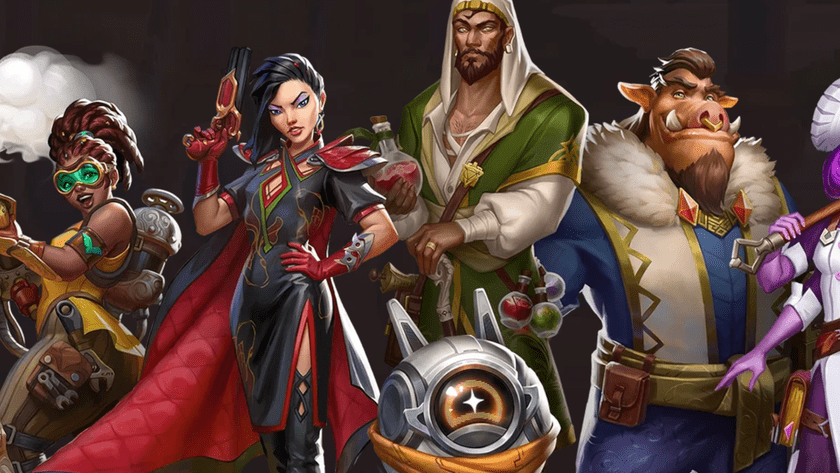The Decline of Live-Service Games: A Concerning Trend in the Gaming Community
The gaming industry is experiencing a notable trend as many live-service games are struggling to attract players. Recently, Naughty Dog made headlines by announcing the cancellation of The Last of Us: Factions 2 – a project that had been in development for an extended period – due to insufficient resources to maintain it. Following this news, the failure of Concord just a month after its launch served as a clear indicator of this trend. While there are some exceptions like Marvel Rivals and Helldivers 2, the majority of these titles seem to be facing significant challenges.

Reasons for the Decline: Overemphasis on “Money-Sucking” Mechanics
One primary reason for the decline of these games is their heavy focus on what can be termed “money-sucking” mechanics, which often overlook the essential value of gameplay.
There are two specific titles that highlight this issue. The first is Mecha Break. Initially showcased in a captivating trailer at The Game Awards last year, despite being in open beta, Mecha Break managed to attract a considerable player base. Upon its release, the game boasted 317,000 concurrent players, outpacing Marvel Rivals and landing in the top 10 on Steam. Currently, this figure remains around 50,000, which is quite impressive for a new title. However, the reviews on Steam tell a different story. With over 14,000 ratings, Mecha Break has received a predominantly negative response. Nearly all characters in the game are locked behind paywalls, forcing players to spend real money or navigate through a tedious grinding process to unlock them. The monetization system feels exploitative, compelling players to spend money to progress quickly.

The second title is The Bazaar – an auto-battler game inspired by Hearthstone: Battlegrounds. The game received considerable attention during its closed beta phase, but things changed dramatically when the open beta launched this week. Although it has been advertised as free from “pay-to-win” elements, players have reported that the open beta has introduced significant monetization issues. The developers have added an extensive paid package to unlock powerful cards, and the community is currently expressing considerable dissatisfaction. Despite the introduction of new cards, they do not guarantee player success, which seems hard to believe. A game of this type cannot achieve perfect balance, and the closed beta clearly demonstrated these issues.

Overall, finding a balance between profit motives and player engagement in a game is a challenging endeavor. This is also the reason why live-service games are increasingly struggling in today’s gaming market.




















